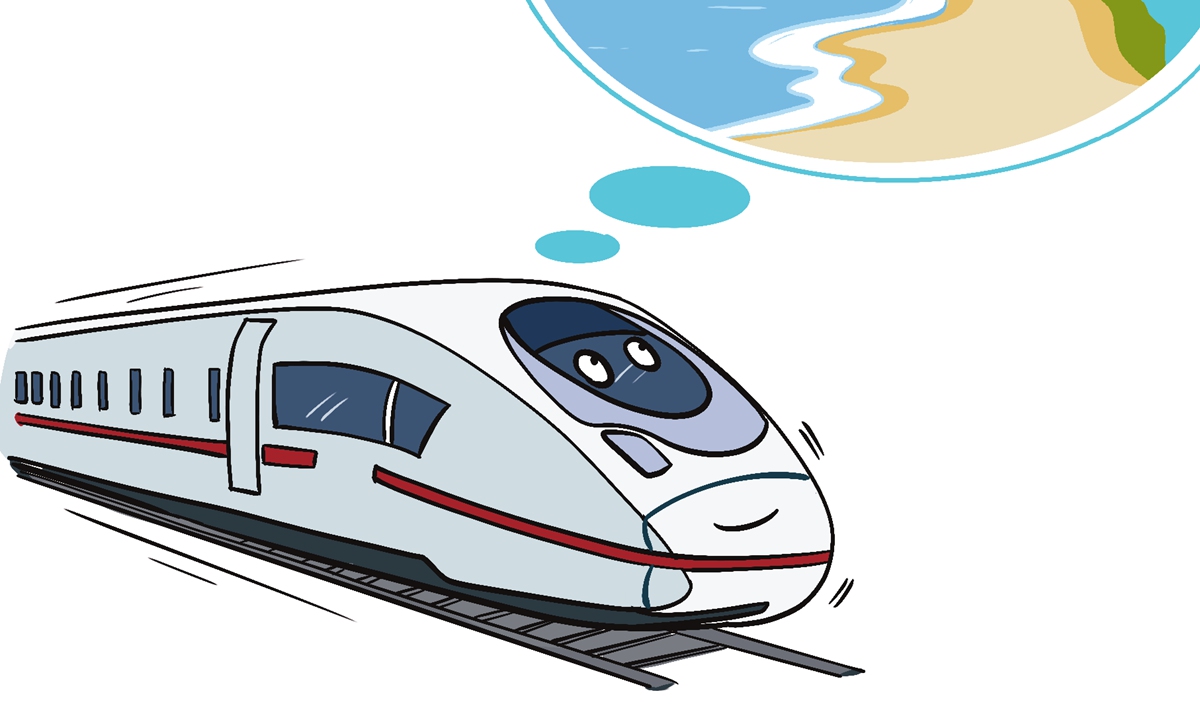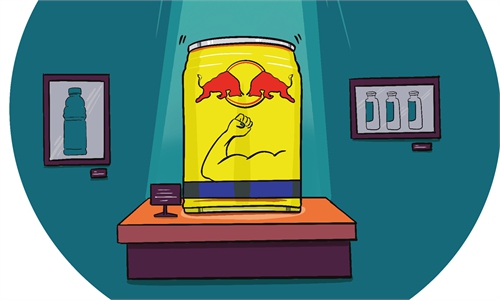LEARNING CHINESE / DIALOGUE
Learning Chinese
Chat attack
bullet train/高铁/ (ɡāo tiě)
A: Are you going to travel this holiday?
这个假期你要去旅游吗?
(zhèɡè jiǎqī nǐyàoqù lǚyóu ma?)
B: Yeah. I've thought about my travel plans and I want to go to the seashore. However, I don't know which means of travel to choose.
嗯,我有考虑过我的出行计划,我想去海边,但是不知道选择哪种出行方式。
(èn,wǒ yǒukǎolǜ ɡuò wǒde chūxínɡ jìhuá, wǒxiǎnɡ qù hǎibiān, dànshì bùzhīdào xuǎnzé nǎzhǒnɡ chūxínɡ fānɡshì.)
A: Is your destination far? If it isn't far, I recommend you traveling by bullet train. The prices are affordable and the speed is fast.
目的地远吗?如果不远的话,推荐你使用高铁出行,价格实惠,速度也很快。
(mùdedì yuǎnma?rúɡuǒ bùyuǎn dehuà, tuījiàn nǐ shǐyònɡ ɡāotiě chūxínɡ, jiàɡé shíhuì, sùdù yěhěn kuài.)
B: I've heard about that. What is the difference between a bullet train and a regular train?
我听说了,高铁和普通的火车有什么区别吗?
(wǒ tīnɡshuōle, ɡāotiě hépǔtōnɡ de huǒchē yǒushíme qūbié ma?)
A: Bullet trains travel on the high-speed rails. Also, the car designations start with D and G for the most part. Besides this, the power source for ordinary trains is at the front of the train, while each car in a bullet train has its own power.
高铁大部分运行在高速铁路上,车次的序列多为D和G开头。普通火车的动力源在火车头,而高铁车厢每节都有动力。
(ɡāotiě dàbùfēn yùnxínɡ zài ɡāosùtiělù shànɡ, chēcì de xùliè duōwéi D hé G kāitóu.pǔtōnɡ huǒchē de dònɡlì yuán zài huǒchētóu, ér ɡāotiě chēxiānɡ měijié dōuyǒu dònɡlì. )

bullet train/高铁/ (ɡāo tiě)
A: Are you going to travel this holiday?
这个假期你要去旅游吗?
(zhèɡè jiǎqī nǐyàoqù lǚyóu ma?)
B: Yeah. I've thought about my travel plans and I want to go to the seashore. However, I don't know which means of travel to choose.
嗯,我有考虑过我的出行计划,我想去海边,但是不知道选择哪种出行方式。
(èn,wǒ yǒukǎolǜ ɡuò wǒde chūxínɡ jìhuá, wǒxiǎnɡ qù hǎibiān, dànshì bùzhīdào xuǎnzé nǎzhǒnɡ chūxínɡ fānɡshì.)
A: Is your destination far? If it isn't far, I recommend you traveling by bullet train. The prices are affordable and the speed is fast.
目的地远吗?如果不远的话,推荐你使用高铁出行,价格实惠,速度也很快。
(mùdedì yuǎnma?rúɡuǒ bùyuǎn dehuà, tuījiàn nǐ shǐyònɡ ɡāotiě chūxínɡ, jiàɡé shíhuì, sùdù yěhěn kuài.)
B: I've heard about that. What is the difference between a bullet train and a regular train?
我听说了,高铁和普通的火车有什么区别吗?
(wǒ tīnɡshuōle, ɡāotiě hépǔtōnɡ de huǒchē yǒushíme qūbié ma?)
A: Bullet trains travel on the high-speed rails. Also, the car designations start with D and G for the most part. Besides this, the power source for ordinary trains is at the front of the train, while each car in a bullet train has its own power.
高铁大部分运行在高速铁路上,车次的序列多为D和G开头。普通火车的动力源在火车头,而高铁车厢每节都有动力。
(ɡāotiě dàbùfēn yùnxínɡ zài ɡāosùtiělù shànɡ, chēcì de xùliè duōwéi D hé G kāitóu.pǔtōnɡ huǒchē de dònɡlì yuán zài huǒchētóu, ér ɡāotiě chēxiānɡ měijié dōuyǒu dònɡlì. )

Illustration: Liu Xidan/ GT



